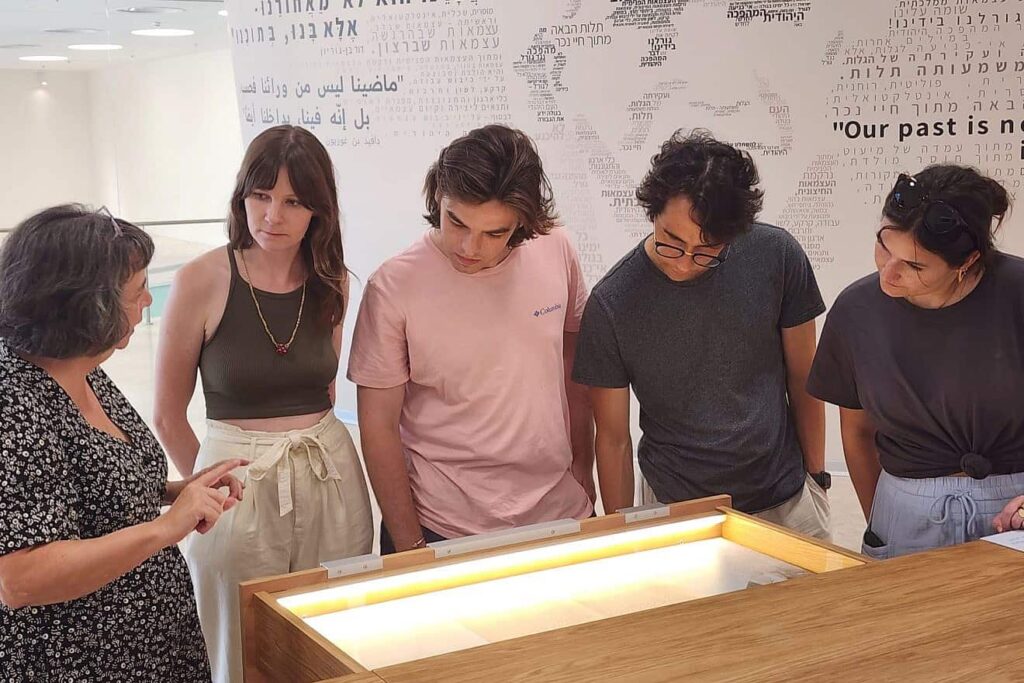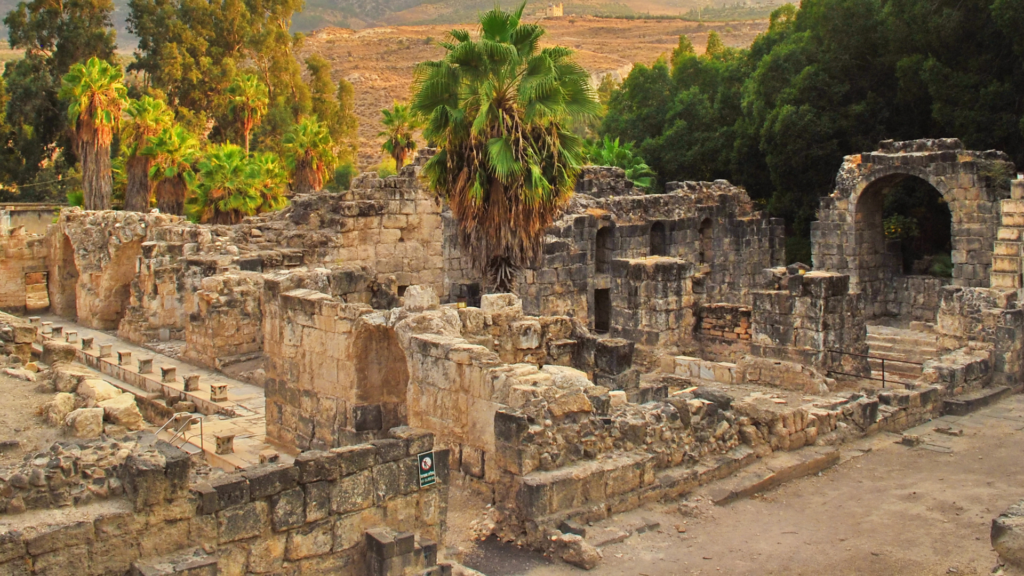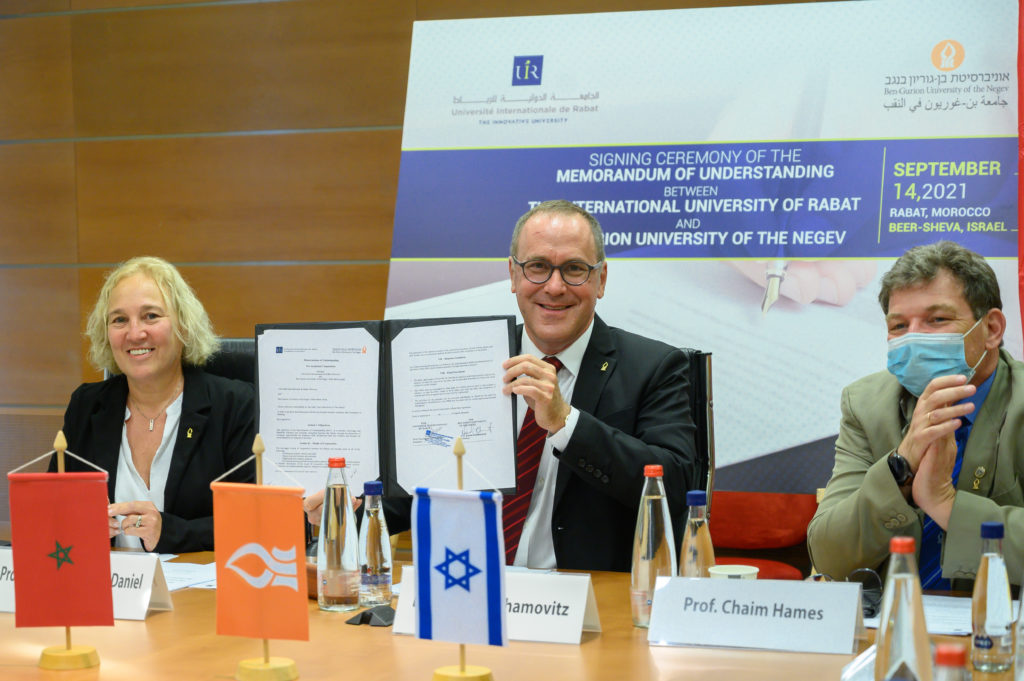
Israel and the Holocaust
Israel and the Holocaust
April 24, 2017
Israel Studies, Culture & Jewish Thought
This is a brief excerpt from a feature article in the Summer 2017 issue of IMPACT. Look for it in your mailboxes or online at the end of May.
When BGU’s Prof. Hanna Yablonka was looking for a dissertation subject, she asked her father about it over the coffee they shared every Wednesday.
“I think you should write the story of the Holocaust survivors in Israel,” Gabriel Torok said. He was a survivor of forced labor himself. Yablonka brought the idea to her supervising professor, the well-known Holocaust historian Yehuda Bauer. “I asked him, are there about 100 dissertations already? He said ‘No! I prayed to God that someone would take this subject!’”
That was in 1984. Prof. Yablonka wrote her Ph.D. thesis and thus embarked on a pioneer career, researching and teaching a subject that “gives us a very good key to understanding the Israeli psyche,” she says.
“In the beginning, the national identity was based mostly on the miracle of having a sovereign state. But in the 1960s, the Holocaust became the center of the Israeli experience. It changed how Israelis explain the narrative of Israel’s existence and how national decisions are made about core challenges.”
Her interest in Israel’s history and its impact on the national psyche took shape in her books, including Survivors of the Holocaust: Israel After the War. This explores the social integration of the post-WWII immigrants with the Israeli population and their contribution to the State’s growth.
In another project, she focused on the specific event she considers to be a pivotal point for Israel’s war survivors and the collective experience: the 1962 Adolf Eichmann trial. The result is her comprehensive book, The Eichmann Affair–Its Origins, Impact and Significance, 1960-1967.
Prof. Yablonka was the first to gain access to the trial archives after the material was available. The opportunity to look behind the scenes led her to intriguing, far less familiar historical territory.
In the 1950s, the Knesset passed the Nazi and Nazi Accomplices Act directed at both Nazis and Jews who had held roles in the Jewish Judenrat and militia in the ghettos, and as capos in the concentration camps. Yablonka found that 50 trials were held and most of the people were convicted.
“The trials were a huge tragedy,” she says. Unlike every other Israeli law, this one allowed a crime to be proven on hearsay. “Basically, the only proof they had were witnesses who came and told what they remembered, and always other witnesses who spoke in favor of the accused. The judge had to decide who to believe.”
The journal article she wrote about the trials was reported in a leading newspaper. “It led to a huge discourse in Israel, unfolding a story kept under the carpet for many years,” she says.
“Only after the Eichmann trial did people become gradually aware that Jews under the Shoah couldn’t be judged according to regular circumstances of life. It took time to understand this.
“The stories of a half-million survivors who came to Israel is such a breathtaking story of human courage and strength,” Yablonka says. “It demands us to ask every morning when we wake and every time we go to bed: Did I do good? What did I do today to justify that I am an offspring of survivors? For Jews it’s an ongoing search. Do we deserve to be the children of those who perished?
“I owe it to myself as a teacher and the daughter of my survivor parents and granddaughter of all those who perished. Israel faces many moral issues and questions, and this is the one major criterion that should be used.”




